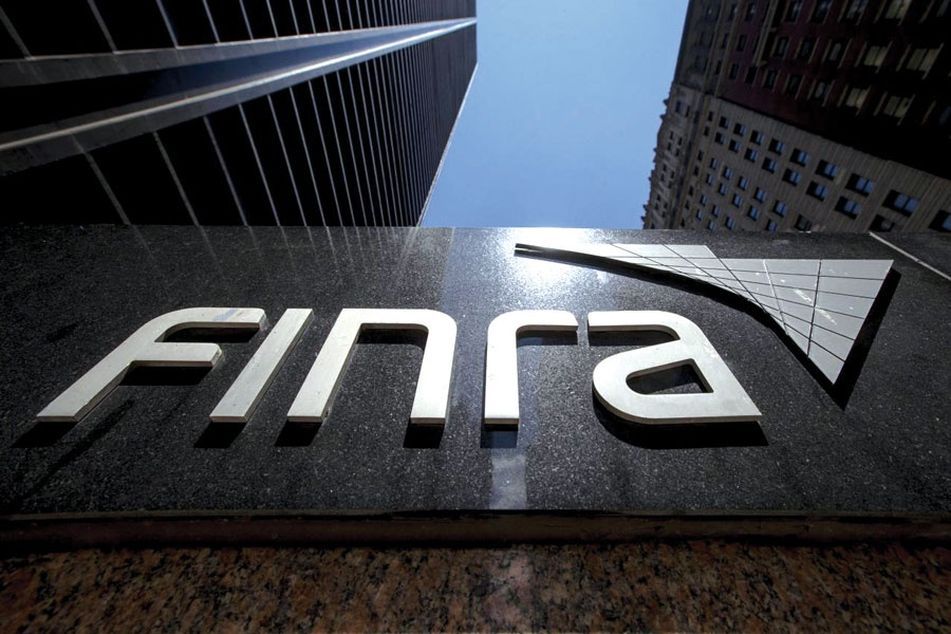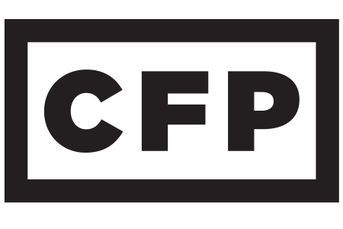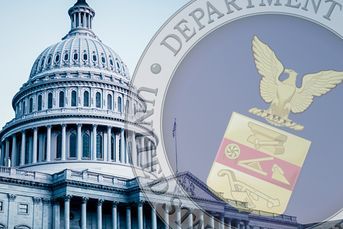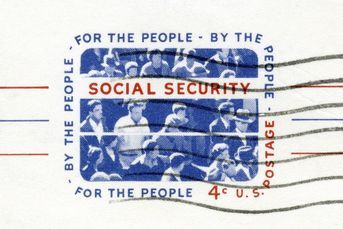Finra plan to address unpaid arbitration award problem deserves fair hearing

The issue has been a problem for Finra — and investors — for a long time.
The Finanical Industry Regulatory Authority Inc. finally may have come up with a fair way to ensure that investors who win arbitration awards actually receive them.
Under a new rule proposal, Finra would require firms with a track record of investor violations or a history of hiring brokers with numerous disclosure events to fund accounts that would be controlled by Finra and tapped in the event of an unpaid arbitration award.
The problem of unpaid awards has bedeviled Finra for some time. In some cases, brokerage firms that have lost arbitration cases have simply walked away from their responsibility to pay up by going out of business or declaring bankruptcy. In 2017, of the $84 million awarded through Finra arbitration, $21 million, or 25%, was not paid. The median unpaid award that year was $208,375.
While everyone agrees this is a problem, none of the proposed solutions in the past seemed to satisfy all stakeholders. For example, one proposal was to impose a levy on all Finra members to create a pool of money that could be tapped when an arbitration award went unpaid. But that proposal was criticized for forcing honest firms to help pay for the sins of dishonest ones.
Another idea was to use Finra fine money to pay for the awards that the delinquent firms walked away from. Finra opposed that plan because it would take funding away from other investor protection programs.
The new method to take care of unpaid arbitration awards is actually part of a larger proposal by Finra to crack down on that small percentage of rogue firms that give the entire industry a black eye. The ultimate hope is that once these firms see that their past conduct will cost them additional regulatory fees, they will clean up their act.
While the proposal has promise and should be pursued, there is also a need to ensure that Finra does not abuse the new powers it would receive under the rule. That is why the regulator has set up a transparent, multistep process that shows how it will determine which “restricted” firms to impose additional fees on. Firms that are targeted will have a chance to appeal, and they will be reviewed each year to determine if they are still a risk.
Finra is making a good-faith effort to address a long-standing problem, and member firms should give this proposal a fair hearing. If it is approved, investors will benefit. And so, ultimately, will the industry.
Learn more about reprints and licensing for this article.








